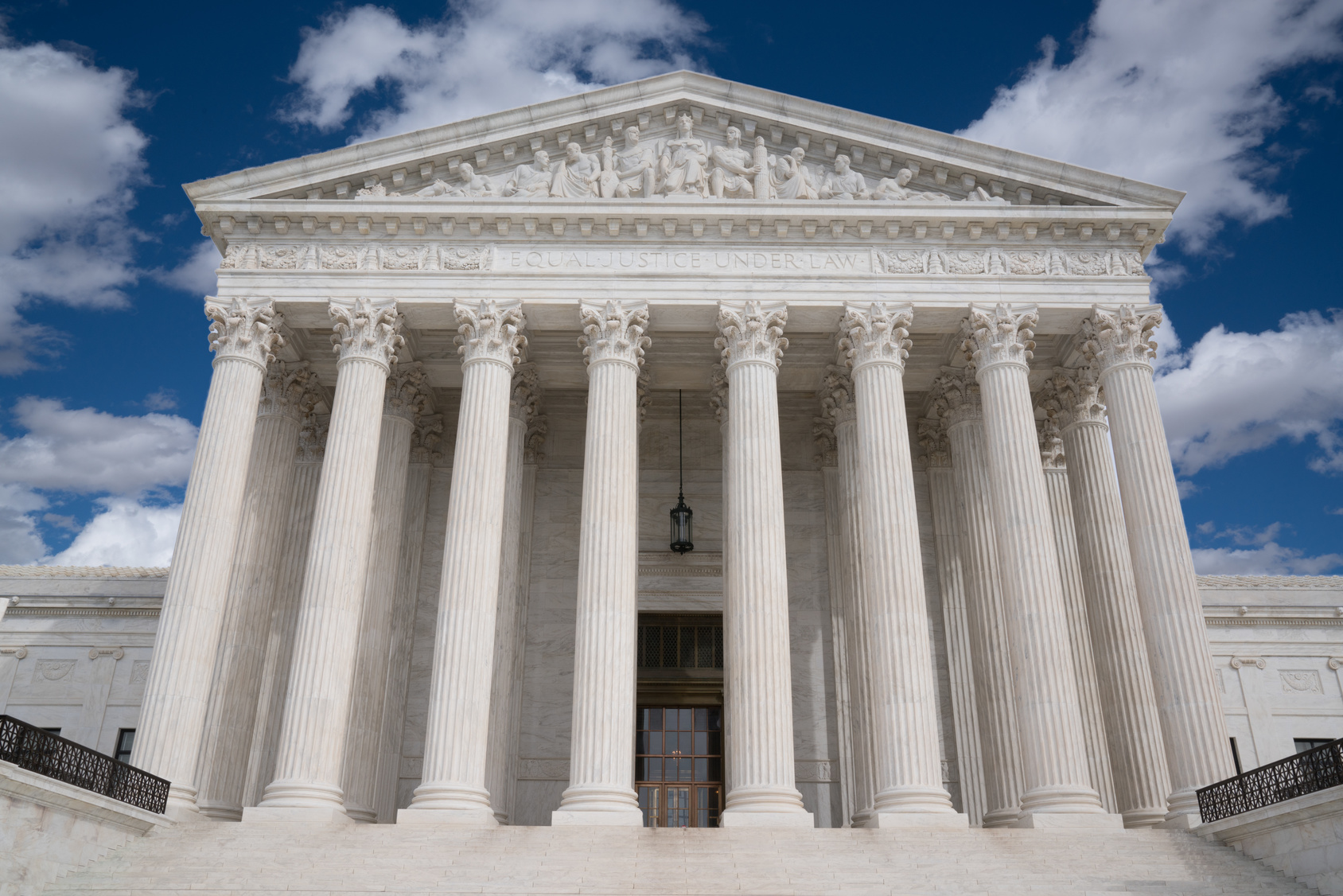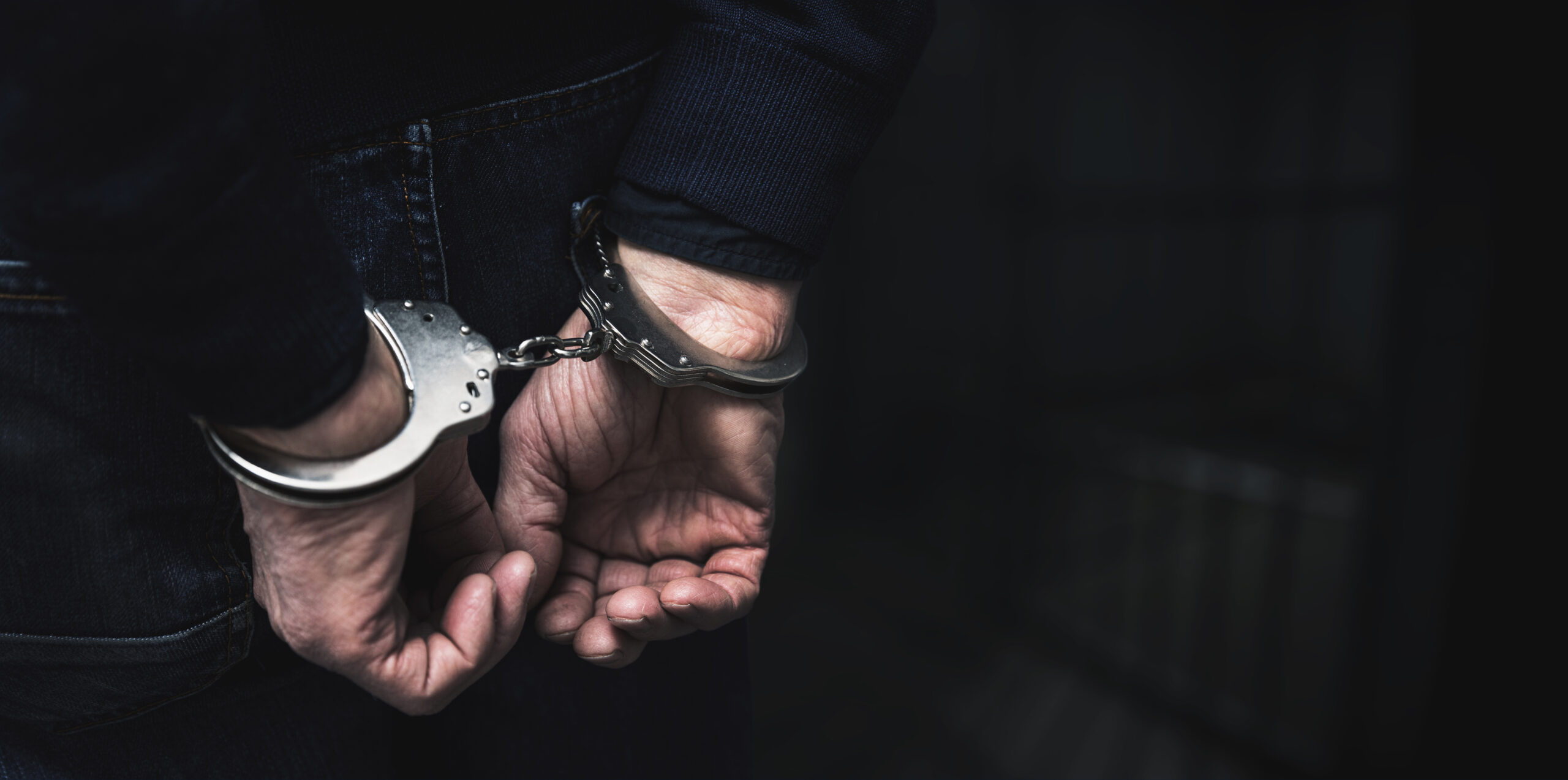The juvenile court system in Pennsylvania works differently than the adult criminal justice system. Instead of focusing on punishing a youth or teen for their mistakes, the system works to help them learn a better way to live. It offers options for rehabilitation, community activity, and family support instead of a sentence that might take them away from their peers and put them in a facility with adults.
At, the McKenzie Law Firm, P.C., our legal team knows how the juvenile court system works in Pennsylvania. We can help you navigate the process if your teen is facing the consequences of committing an illegal act. Call 610-680-7842 today for a free consultation.
What Is the Purpose of the Pennsylvania Juvenile Court System?
In some states, children and teens who get into trouble with the law have to face the consequences of their youthful transgressions for the rest of their lives. After an arrest and conviction, they face penalties that prevent them from finishing school on time with their peers and continuing to earn a degree or learn a trade. The Pennsylvania juvenile justice system works to avoid this type of life-altering outcome.
The purpose of the state system is to help juveniles charged with crimes get back on track. The juvenile court focuses on providing teens options for rehabilitation while trying to keep them in their own home and active in their community. The purpose is not to punish teens who make mistakes but to prevent them ending up in the penal system as adults.
What Happens During the Juvenile Court Process?
Unlike adults, teens do not face formal charges. For this reason, they avoid having a criminal conviction on their permanent record, even if they committed the illegal act. Instead of charging a juvenile, the court issues a delinquency petition. This petition accuses them of committing a delinquent act.
The teen appears before the judge, who hears the evidence against them. They may have a lawyer for juvenile court. If so, their attorney will present evidence in this hearing. After hearing the evidence, the judge will decide whether the juvenile committed the illegal act. There is no jury in the Pennsylvania juvenile court system.
If the judge determines the teen committed the illegal act, they will name them a “delinquent child.” They will then announce the date and time of a disposition hearing, where the teen will learn about the legal consequences they are now facing.
Children and teens who commit illegal acts usually face probation with conditions like regular drug testing, paying restitution to the victims of the crime, and completing community service. They may have strict rules about attending school every day and participating in community activities.
Most teens do not face any serious, life-altering consequences as a result of their actions. Those under age 14 will never receive county jail or state prison time or have a permanent criminal record. Even over the age of 14, this is a rare occurrence.
Only older teens who commit violent delinquent acts, are repeat offenders, or have no parental support will go to a juvenile detention facility. This is the most serious consequence of committing a delinquent act. It can prevent the teen from graduating with their peers and playing an active role in their community.
Are There Any Instances Where a Juvenile Could Face Criminal Charges?
There is only one situation when a teen might face prison time and have their conviction go on their permanent record. When the District Attorney opts to charge an older teen as an adult, and the judge approves the decision.
Under state law, this situation only applies to teens over the age of 14 who commit serious, violent felonies, including murder, rape, aggravated carjacking, armed robbery, and similar crimes. In some cases, older teens who commit violent felonies may still go into the juvenile court system.
If your child faces allegations of committing this type of crime, you should contact a juvenile criminal defense lawyer as soon as possible. Your teen faces criminal penalties if convicted as an adult, so it is essential to have an attorney who can fight to keep their case in the juvenile justice system.
How Can I Talk to a Juvenile Defense Lawyer in Pennsylvania?
At the McKenzie Law Firm, P.C., our legal team knows how the juvenile court system works in Pennsylvania. We will offer support and guidance, walking beside you through the process. We will fight for the most favorable outcome available, answering your questions and addressing your concerns along the way. With our team on your side, you can feel confident your child has the best possible chance of avoiding consequences that will impact their future.
Call us today at 610-680-7842. The juvenile criminal defense team from the McKenzie Law Firm, P.C., is ready to go to work for you.



